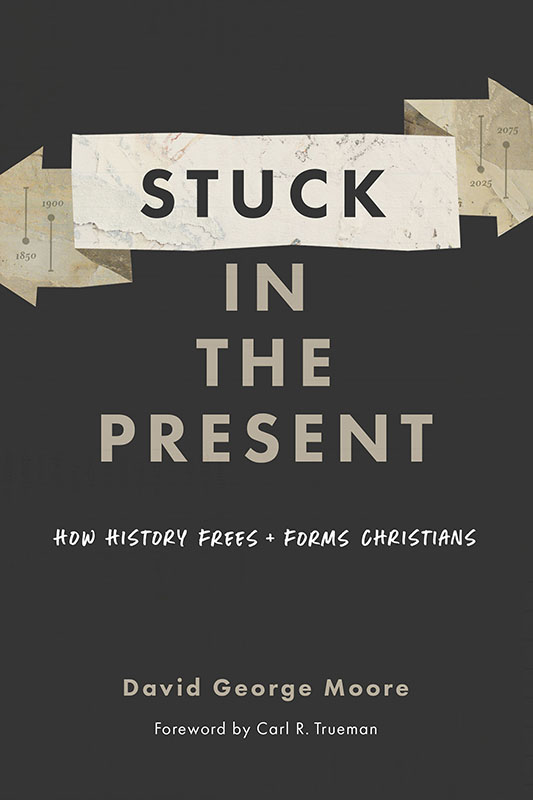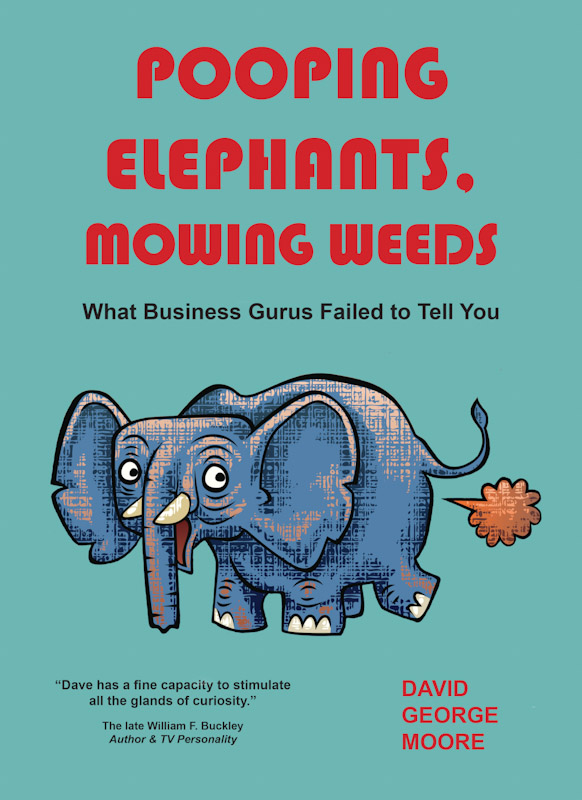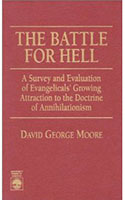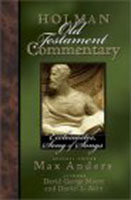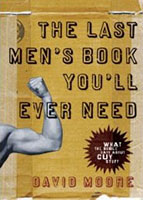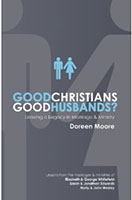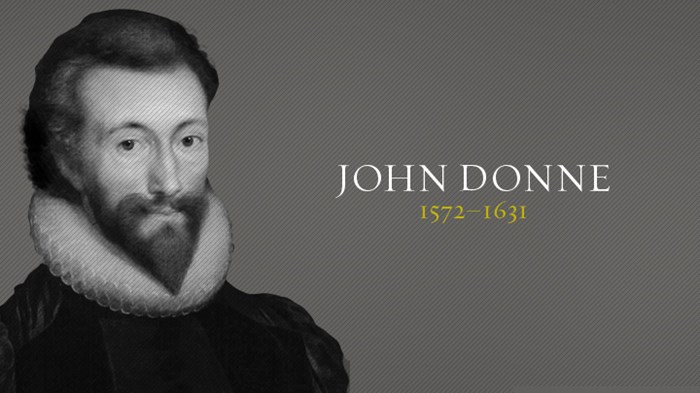It is easy to proclaim the “goodness of God” when circumstances are generally pleasant, and suffering is minimal. It is much more challenging to believe that God is truly committed to our well-being when acute suffering, the kind that is not going away anytime soon, abruptly enters our life.
Like C.S. Lewis after losing his wife Joy to cancer, we may feel that God is absent. And it can be an absence that mocks our trust in a God who is supposed to care. Many Christians don’t like to acknowledge the silence of God, but Lewis provides the candid and raw reflections of a person who suffers not only the loss of a spouse, but also wonders whether God is now AWOL:
When you are happy, so happy that you have no sense of needing Him…you will be—or so it feels—welcomed with open arms. But go to Him when your need is desperate, when all other help is vain, and what do you find? A door slammed in your face, and a sound of bolting and double bolting on the inside. After that silence.
God could change our circumstances. At the very least, He could tone down the intensity of our suffering. But many times He doesn’t, and so we are left with a bewildering list of questions, nagging doubts, and the temptation to abandon our confidence in God altogether.
Learning to trust God in the midst of intense suffering is a process which usually contains many twists and turns. That certainly was the case for C.S. Lewis who wrote two books on the subject of suffering. The first one, The Problem of Pain, sought to address some of the typical questions about suffering. Rather predictably, Lewis underscored things like human freedom. The Problem of Pain has some helpful insights, but it is what I like to call a “rather neat and tidy book.” Suffering is presented in such a way that the reader is invited to conclude, “Oh yes, I see, this suffering of mine makes sense after all.” Lewis was a bachelor when he wrote The Problem of Pain.
On the other end of the spectrum is A Grief Observed. It is like reading the dark and desperate reflections of a friend’s private journal. This second book on suffering was written as Lewis tried to “make sense” of his wife’s death. The ache Lewis felt was too raw for neat and tidy, philosophical truths, no matter how true they happened to be.
Suffering has many causes. Furthermore, everyone processes their suffering differently. Different Christians tend to emphasize different things about God, so what it means to trust God during times of suffering is no simple matter.
The idea of imitating Jesus to ascertain the right choice in any given situation is a popular one. Various iterations of it have appeared throughout the church, but certainly In His Steps: What Would Jesus Do? by Charles Sheldon, greatly influenced many of us modern Christians. It certainly did for me.
Years ago, I vividly remember our young sons playing with a favorite train set. Well, our oldest son was playing with it while his younger brother was trying to join in. David was typically good at sharing, but not on this occasion. Spying out an opportunity to wow our sons with some godly wisdom, I asked, “Hey David, what do you think Jesus would do?” I was hoping David would respond, “Jesus would share the train.” Instead, David briefly looked my way and nonchalantly declared, “Jesus would make another train.”
My son was focused on the power of God while I was focused on God’s generosity!
Christians may focus on different things about God, but two things remain constant for every believer going through deep waters: the desire to know God is still on our side and that there is a grand purpose behind (and beyond!) the suffering. To feel abandoned by God and/or believe the suffering “is a waste” is simply too great a burden. It can shatter the confidence of the most resilient saint.
When we are suffering like Lewis did after the death of his wife, we need something in addition to arguments as to why there must be so much pain in the world. We are in need of regaining confidence that God is truly for us (Rom. 8:35-39) and that His will is indeed “good, acceptable, and perfect.” (Rom. 12:1,2)
I’ve certainly seen God’s faithfulness in a myriad of ways throughout my life. Even so, I still carry a substantial trunk loaded with questions. There are, however, many important things we can know that offer confidence and joyful perseverance even when we are deeply hurting.

